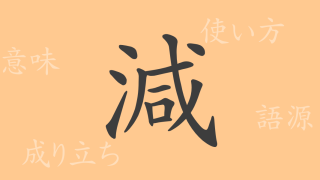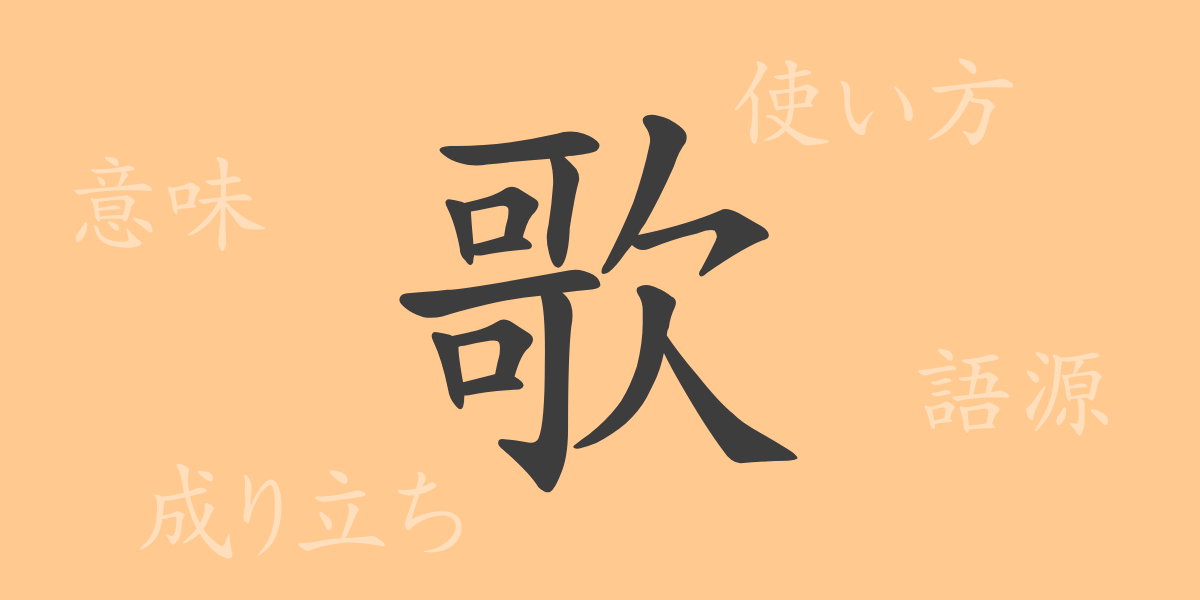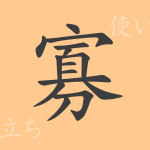From ancient times, songs have moved people’s hearts and colored cultures. In Japan, from the Manyoshu (万葉集(Manyousyuu)) to modern J-POP, songs have been a deeply rooted form of expression in our lives. This article focuses on the beautiful character ‘歌’ (うた(Uta)), exploring its origins, meaning, usage, and its significance in Japanese culture. We hope it will help our readers rediscover the depth of the Japanese language and the allure of songs.
The Origin of ‘歌’ (Song)
The origin of ‘歌’ (うた(Uta)) comes from the act of singing poems with melody in ancient China. In Japan, its earliest form can be seen in the “Manyoshu” (万葉集(Manyousyuu)), compiled during the Nara period. The character ‘歌’ was adopted along with the introduction of Chinese kanji. Since then, songs have evolved as a unique aspect of Japanese culture and have been cherished in various forms such as Waka (和歌(Waka)) and Haiku (俳句(Haiku)).
The Meaning and Usage of ‘歌’
‘歌’ generally refers to a poetic expression accompanied by musical elements. It is used to mean the act of composing or singing a song. Broadly, it also refers to musical compositions in general and the art form expressed through singing. In traditional Japanese culture, it has a specialized usage in short poetic forms like Waka and Haiku.
How to Read ‘歌’, Stroke Count, and Radical
The character ‘歌’ has interesting information regarding its reading and composition.
- Reading: Onyomi as ‘か’ (Ka), Kunyomi as ‘うた’ (Uta)
- Stroke Count: A total of 14 strokes
- Radical: Speech radical (言部(Genbu))
Idioms, Phrases, and Proverbs Using ‘歌’ and Their Meanings
There are many idioms, phrases, and proverbs in the Japanese language that include ‘歌’. These reflect Japanese culture and values.
- 歌心 (Kashin)): The heart that understands and appreciates poetry and songs, or the talent for creating them.
- 歌聖 (Kasei)): A person with exceptional talent in songs, especially one who is revered in Waka.
- 歌謡 (Kayou)): Songs and performances (うたいもの(Utaimono)). A genre of music that focuses on songs.
- 一唱三嘆 (Issyousantan)): The content of a song is so marvelous that one sighs three times with every recitation.
Conclusion on ‘歌’
‘歌’ transcends mere characters and symbolizes the rich expressiveness and sensibility in Japanese culture. From its origins to the present day, songs have been an essential means of conveying people’s emotions and thoughts, and they are an indispensable element in learning the Japanese language. Through this article, we hope our readers have gained an understanding of the multifaceted nature of ‘歌’ and the cultural context that surrounds it, sparking a deeper interest.

























